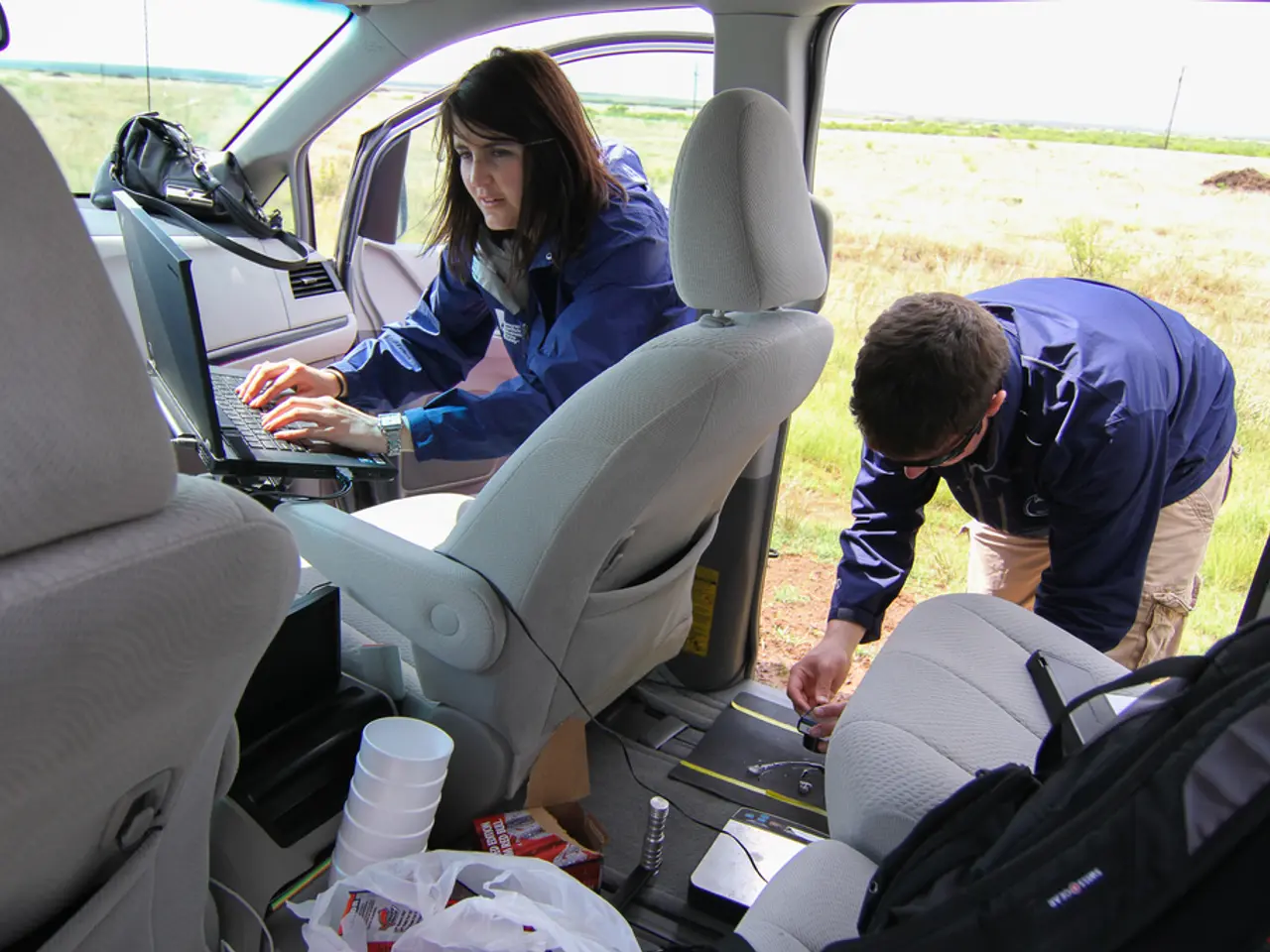Over one-third of full-time employees earn less than €3,500 annually - More than a third of full-time employees in the workforce take home less than €3,500 in pay.
In a recent report, the Paritätischer Gesamtverband has highlighted the disproportionate impact of poverty among people in retirement, with elderly individuals with low pensions, single parents, unskilled workers, certain migrant groups, the unemployed, people with disabilities, and those living on social benefits being at a higher risk. These groups often face factors such as low wages, unstable employment, and insufficient social support.
The Left Party in Germany has further emphasised this issue, proposing a monthly gross income of more than 3,300 euros as a necessary measure to secure a statutory pension at the level of the at-risk-of-poverty threshold in Hesse. This proposal aims to help individuals avoid poverty in old age.
However, the government's response does not include data for individuals not working full-time or those not socially insured. The information provided by the government is based on full-time employees nationwide, excluding certain groups.
In Hesse, approximately 313,000 people are affected by these issues, with around 15% of full-time workers having low incomes. This figure is lower compared to Berlin, where around 22% of full-time workers are considered low-income. The national average stands at 11%.
The values in the government's response are based on 22.18 million socially insured full-time employees nationwide as of December 31, 2023. In Hesse, nearly 18% of full-time employees earn less than 2,750 euros gross per month.
It is worth noting that approximately 632,000 people in Hesse earn less than 3,500 euros gross per month. According to the Federal Statistical Office, a person in Germany is considered at risk of poverty if their net income is less than 1,378 euros per month.
The Left Party's Dietmar Bartsch has requested information on this matter from the Federal Government, urging for a more comprehensive approach to address poverty among various groups, particularly in Hesse.
The data provided by the government does not yet include information for the year 2024. Further research and discussions are needed to better understand and address these issues and to ensure a more equitable distribution of income for all.
Sources: Statements and reports from Die Linke and the Paritätischer Gesamtverband on poverty and labor market conditions in Germany.
- The Left Party in Germany has suggested that a community policy focusing on vocational training could help equip people at risk of poverty, including unskilled workers and certain migrant groups, with the necessary skills for better-paying jobs in business and finance, potentially reducing their risk of poverty in old age.
- To address the disproportionate impact of poverty, the government could consider including vocational training programs in its policies, providing opportunities for those not working full-time or not socially insured, broadening the scope of the data collected and the groups benefiting from these initiatives.




